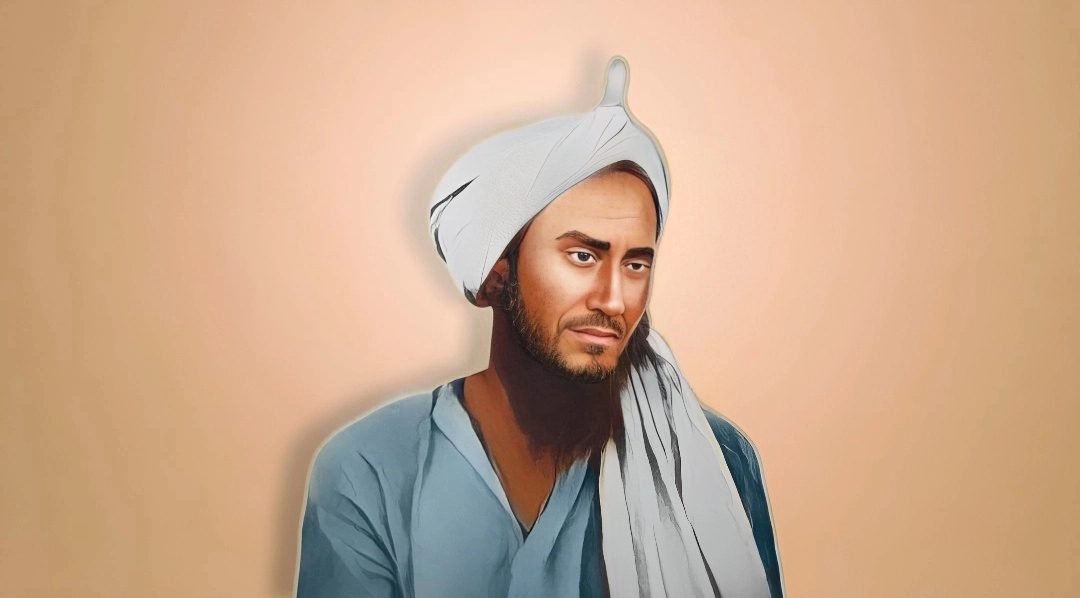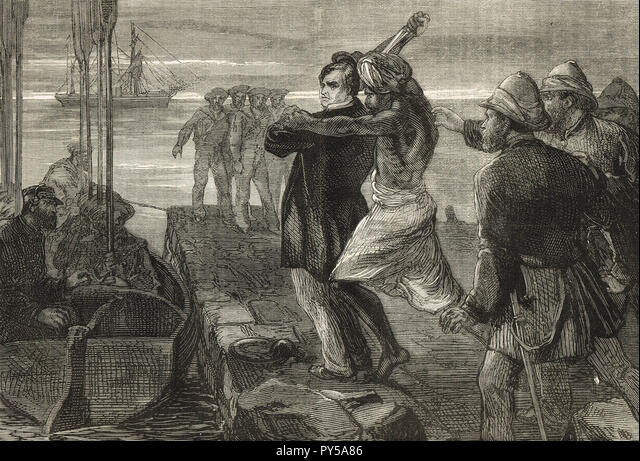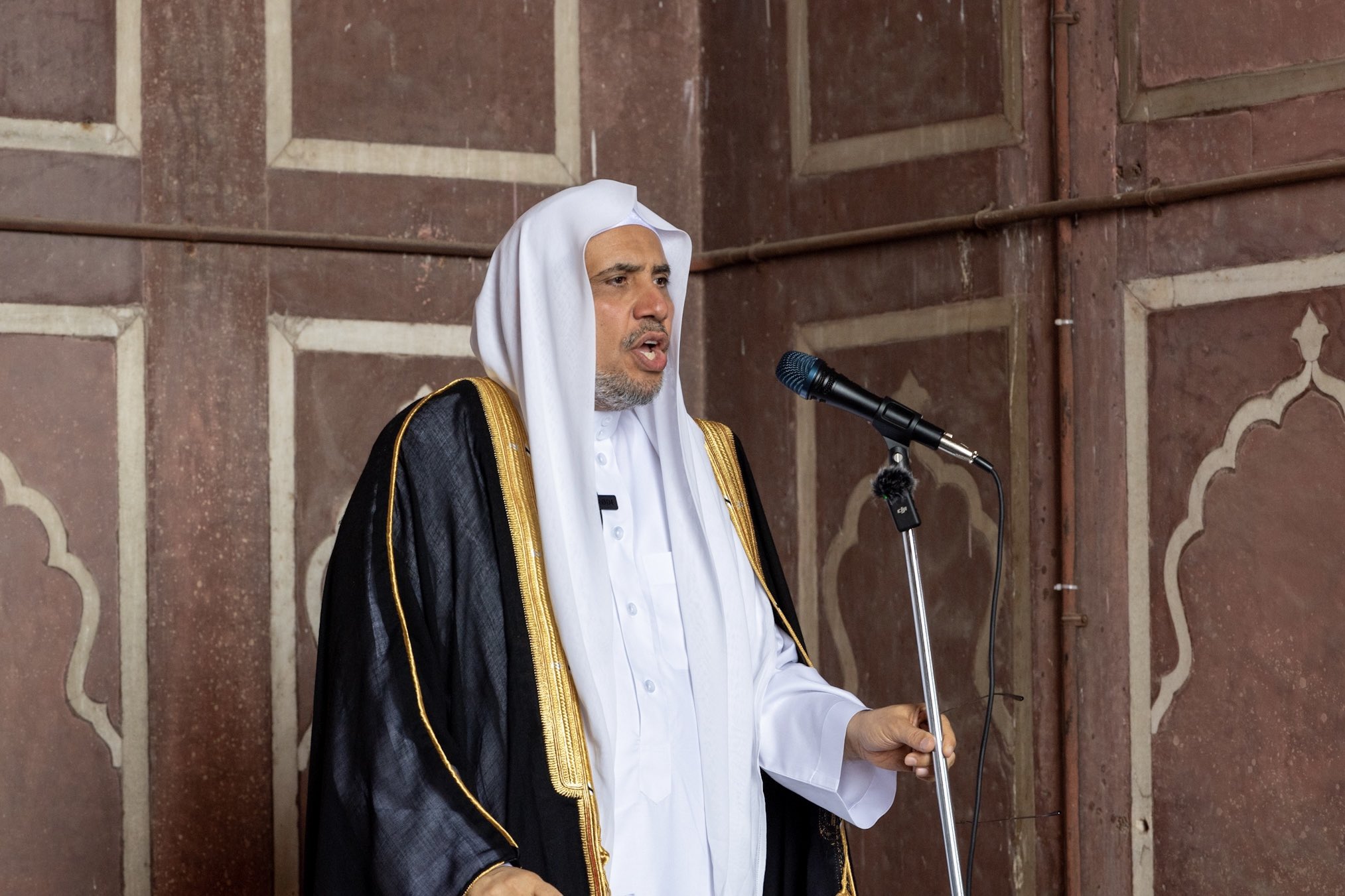
Lest we forget: Sher Ali Afridi, Indian Heroe of courage & patriotism
Sher Ali Afridi has a dark, sombre story, yet, learning about his life often leaves one with mixed feelings and conflicted moral takes. Born in the Tirah Valley of the Khyber Agency in present-day Pakistan, Sher Ali Afridi belonged to the Afridi tribe of Pathans. He was a loyal servant to the British administration and worked diligently as a cavalry trooper.
During the initial rebellion of 1857, he served in Rohilkhand and Awadh regions of modern-day Uttar Pradesh, on behalf of the East India Company. Later, he took up the position of a mounted orderly for Major-General Reynell Taylor. Taylor was highly pleased with Afridi’s good-nature and diligence, thus, he rewarded Afridi with a horse of his own, a pistol and a certificate of appreciation.
Unfortunately, these rewards were useless when it came to redemption. Afridi was caught up in a heated family feud, and he killed one of his relatives. He was sentenced to death despite pleading innocence.
On appeal, his sentence was reduced to that of life imprisonment and he was shipped off to the infamous Kala Pani jail in Andaman and Nicobar Islands. Arguably, this was not much better than his initial sentence of death, for the Kala Pani jail administrated by the British was known for its inhuman torture techniques and dismal living conditions for its prisoners.
In Port Blair, where Kala Pani jail was located, Sher Ali Afridi was allowed to work as a barber as he showed signs of good behaviour since his arrival. Little did the jailers know that he would soon assassinate Lord Mayo, the Viceroy of India.
On the morning of February 8, 1872, Lord Mayo arrived in the Andamans, where he was graciously received with a 21-gun salute. He proceeded to greet the troops and inspect their overall functioning, but completed his responsibilities for the day a little sooner than he had expected. The unsuspecting Earl of Mayo decided to visit Mount Harriet on the same day. By the time Lord Mayo and his company for the day had descended the mountain, dusk had passed and it had become quite dark.

Accompanied by his secretary and a few other British officials, he was on his way back to the boat when Afridi’s brooding figure emerged from the shadows and stabbed him in the back, twice. Though Afridi was caught immediately by the British men, Lord Mayo lost a huge amount of blood. He was carried back to his ship, where he succumbed to his injuries.
For the assassination of Lord Mayo, Sher Ali Afridi was hanged to death in the prison of Viper Island in the Andamans on March 11, 1872.
Showing mettle against French in Puducherry
Another activist from down south was the founder member of the French Indian National Congress, Ansari Doraisamy organized and participated in agitations, processions, and hurdles for the liberation of Puducherry from French rule. As the Secretary of the Congress during 1948-49, he had to encounter a number of trials and brutal assaults at the hands of the colonial power. As the leader of the liberation struggle, Doraisamy was arrested and assaulted by French Police. He lost his hard-earned property at a big price for his nationalist activities. Born on July 22, 1906 in Puducherry, he studied French at College Colonial Education in Puducherry (1922-25) and was closely involved with the Nationalist agenda and practiced Gandhian ideals in all the leading agitations right from 1930. Son of Periasami Naicker, he took an anti-communist stand and was one of the illustrious sons of Puducherry town. Doraisamy breathed last on April 27, 1994. He was given a State Award for his role in the freedom
